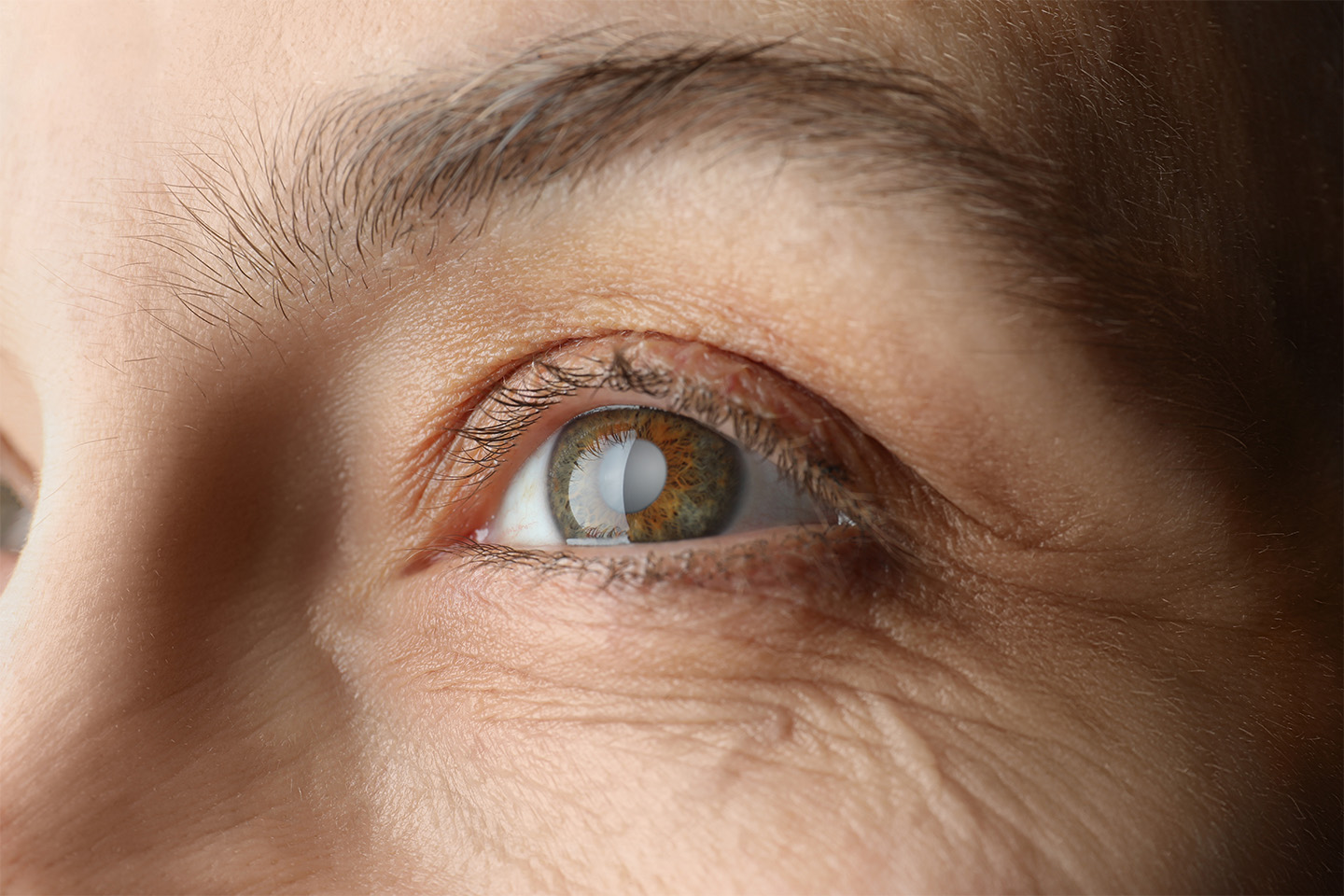For National Diabetes Month, Learn How to Protect Your Eyes

By staying on top of your diabetes, you can keep your eyes healthy and avoid adverse health effects — now and in the future.
For more than 100 million Americans, diabetes and prediabetes are a part of everyday life. While a range of factors may have contributed to your condition, many diabetes patients can maintain a healthy and active lifestyle with the right management techniques.
November is National Diabetes Month, so now’s a great time to understand how taking care of your diabetes can also mean taking care of your eyes. Because high blood sugar can pose short- and long-term risks to eye health, keeping your diabetes under control will also keep your eyesight in tip-top shape.
What Does Diabetes Have to Do with Eye Health?
Put in the simplest terms, diabetes makes it difficult for the body to produce and effectively use insulin, which regulates the amount of glucose in the blood. While glucose is an essential part of many bodily functions, an overabundance of it can cause lasting damage.
While diabetes can affect critical organs like your heart and kidneys, it can also affect your eyesight. The National Eye Institute reports that, through a condition known as diabetic retinopathy, diabetes is the leading cause of vision impairment and blindness among working-age adults.
What is Diabetic Retinopathy?
Diabetic retinopathy occurs when a surplus of glucose in the blood affects small blood vessels in the eye’s retina. If above-average blood glucose levels are sustained for too long, these blood vessels can leak fluid into the eye that can impair your eyesight. It can also cause ineffective new blood vessels to develop on the surface of the retina, further harming your vision.
While those who don’t effectively manage their blood sugar are putting themselves at risk of diabetic retinopathy, certain populations face a greater chance of developing the condition. If you’re pregnant, have high blood pressure, or have had diabetes for a long period of time, you may be looking at increased risk.
What Can I Do to Protect My Eyes?
While it’s imperative that people with diabetes track their blood glucose levels regularly, there’s more that patients should do when it comes to maintaining eye health. Indeed, according to the CDC, about 90% of vision loss caused by diabetes is preventable so long as issues are detected early.
First and foremost, diabetics should schedule regular eye exams. With the right attention from eye care specialists, it’s possible to work with experts to detect early warning signs of vision loss and develop strategies to prevent further deterioration.
If you’re worried about diabetic retinopathy and want to speak with an eye care specialist, consider scheduling your consultation with ICON Eyecare. Together, you and your doctor can discuss what risks you face from diabetes and agree on how best to move forward.
[DISPLAY_ULTIMATE_SOCIAL_ICONS]








